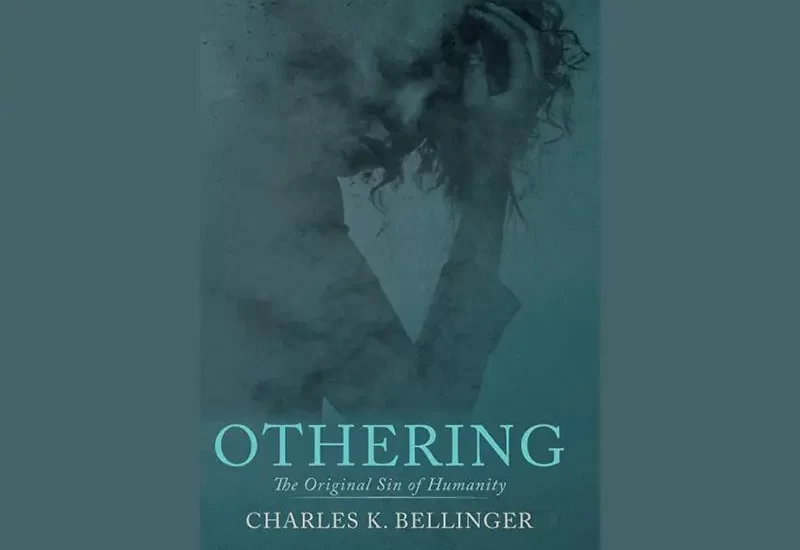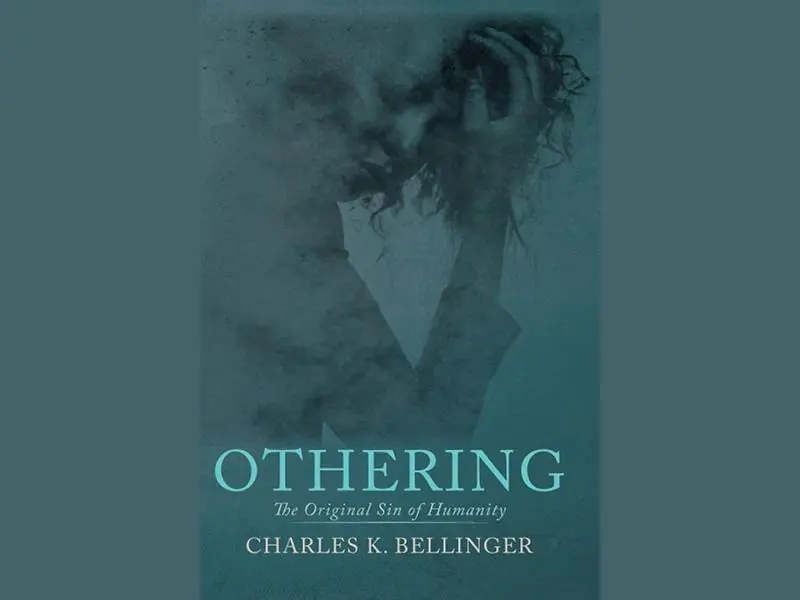Othering: The Original Sin of Humanity, Charles K. Bellinger (Cascade Books, Eugene, 2020).
I was excited to have the opportunity to review Charles Bellinger’s book, Othering: The Original Sin of Humanity. I was hopeful the book would provide an insightful survey into society’s tendency to marginalize groups, disempower them, and make them the enemy. There was a chance, I thought, the book might offer some positive courses of action to counteract this trend and even reverse it. The book was a disappointment to me.
Othering is a practice that can be traced to the very roots of humanity. It is the cause of countless atrocities and an endless number of wars. The White’s ability to make Blacks “others”—beings who were not like Whites and were subhuman—allowed the propagation of slavery and the continuation of racism. The Nazi’s transforming Jews into others, who were the source of evil, precipitated the holocaust. Othering births the Islamophobia, Xenophobia, and divisions between people that plague our society today. It is a problem that needs to be addressed and resolved.
Bellinger’s book does provide a solid look at the history of othering in human society. The book also includes an extensive discussion of The Truth versus Relative Truth. The author argues strongly against relative truth. But instead of offering positive steps forward from this foundation, the book degenerates into a diatribe against abortion. The author writes, “In my view, we are in a situation that is a parallel to the debate over slavery before the Civil War. The pro-choice way of thinking is analogous to the pro-slavery position” (p. 121). As slaves were made “others,” so now embryos are made others.
I admit that one of the reasons I dislike this book so much is that I’m pro-choice in the abortion debate. But there is more to my disappointment and frustration with this book. The author attempts to make othering the main argument against abortion, in a multi-faceted debate. His argument against relativism questions the validity of physician/patient relationships. And more importantly, to me, he completely misses the opportunity to offer positive models to negate the othering that is fracturing our society.
I can’t recommend this book, even to those people who are strongly anti-abortion. The book does not offer anything to help break down the barriers between the two sides that othering has created. Nor does the book provide helpful insight into stopping othering in our lives and in our society. Save your money.
I received this book free from the author and/or publisher through the Speakeasy blogging book review network. I was not required to write a positive review. The opinions I have expressed are my own. I am disclosing this in accordance with the Federal Trade Commission’s 16 CFR, Part 255.


